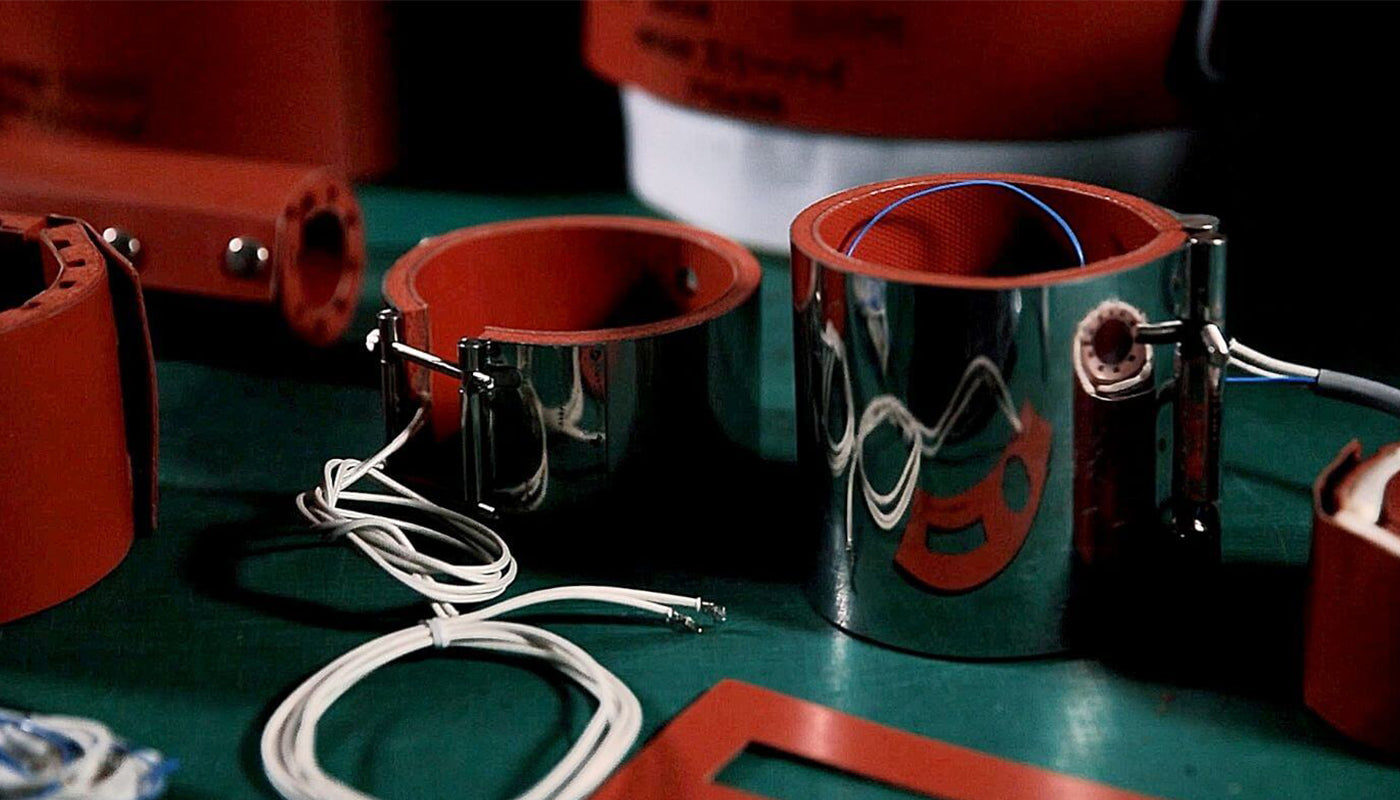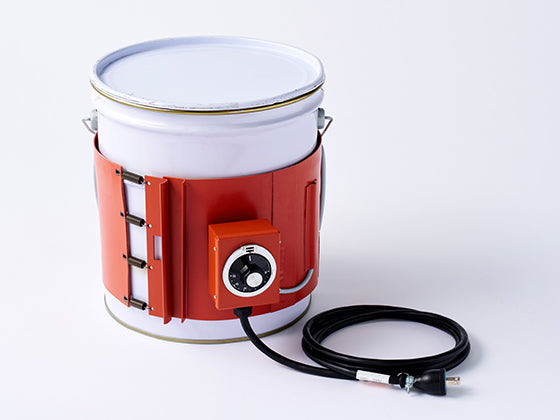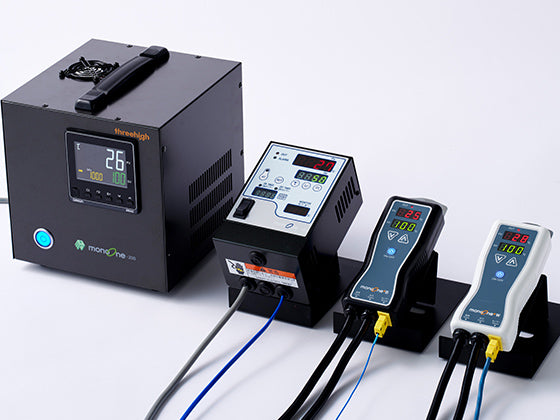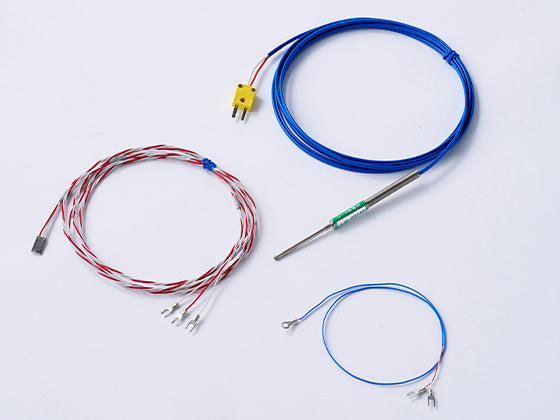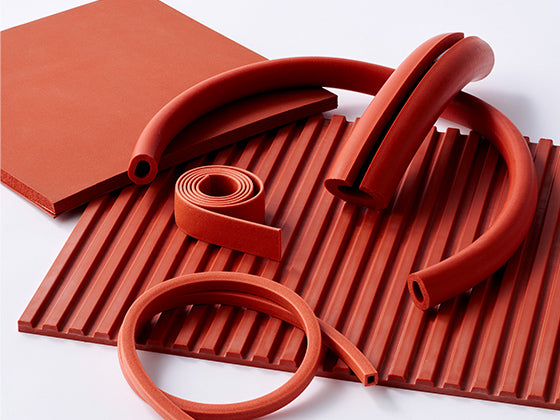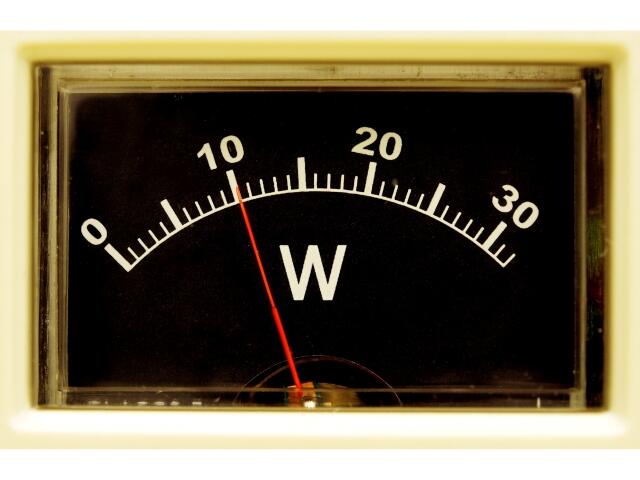The prolonged yen depreciation and soaring import prices of raw materials are a growing concern for companies. With rising inflation, the price of energy is also increasing rapidly causing pressure on manufactures.
Due to these growing issues, we have recently noted an increase in inquiries about heating. The main concern is how can the necessary heating be achieved with less energy consumption. With examples of heat retention with a silicone sponge. Due to the difficulty of explaining these matters through email and telephone, I decided to write this small blog to further explain in detail.
Due to increasing energy prices and recent extreme cold weather, the demand for heat retention and anti-freezing measures have increased significantly.
In recent years, electricity companies have repeatedly raised electricity prices due to soaring fuel prices.
For manufactures energy costs are one of the main and biggest expenses. Some companies are having difficulties charging the increased costs to the customers, resulting in decreased margins and profit.
This winter was especially cold in the Tokyo area, with prolonged freezing temperatures occurring in the night and early mornings. Freezing temperatures can damage certain water systems outdoors and indoors, and the repair costs are significantly higher than preemptive measures.
Heating using electricity is an effective way to prevent freezing, but due to rise in utility costs it is becoming more burdensome to use.
There has been a rapid increase in requests for products that can keep warm and prevent freezing while also saving on electricity bills. We offer various solutions to these issues, from electric silicone heaters to thermal insulation.
Thermal insulation cover and silicone sponge that can reduce power consumption and keep warm to prevent freezing.
Electric heaters are often used to keep the equipment and piping used in production lines warm. It is a good idea to use materials with heat insulation effect in order to reduce electricity bills and maintain the desired temperature. For inquiries about heat retention and anti-freezing, we recommend heat insulation covers and silicone sponges. Let's take a closer look at each.
▼ Heat insulation cover ▼
The glass fiber cover can withstand heat of about 200 degrees. This heat insulation cover is used for mantle heaters that can heat at high temperatures.

Our mantle heater
We also manufacture and sell only the heat insulation cover that covers the mantle heater. Because it is a fiber material, it can cover and insulate parts with complex shapes such as elbow-type pipes, valves, and robot arm joints. As it is a custom-made product, it can be designed and processed according to your request.

Example of the production of our company manufactured by our company
Strong Points
Depending on the material, it can be used at high temperatures of around 200 degrees or even higher.
It can cover square and complicated shaped parts to keep them heated.
**Important point**
The price is slightly higher because it is made up of glass fiber.
▼ Silicone sponge ▼
This product is made of silicone material. Heat dissipation can be decreased by attaching it closely to linear parts such as straight pipes or box-shaped cases. It is cheaper than the heat insulation cover mentioned above, and it is useful when you want to keep a lot of parts warm. In addition, the silicone material is flexible and elastic. Easy to process and easy to cut. It is also highly resistant to chemicals and is suitable for use in equipment that handles chemicals.
We offer a variety of silicone sponges that match the application, such as a sheet type, caterpillar type, tube type, square string, as well as a cracked round tube that is easy to attach and remove.
Compared to the heat insulation cover, the heat resistance temperature is up to about 200 degrees. When using it on top of the heater, it is necessary to pay attention to temperature control.
Please contact us in advance before installing.
Strong Points
Useful for straight piping, flat plates, and box-shaped containers.
Cheaper than a thermal cover.
It can be easily processed.
Resistant to adhesion of chemicals, etc.
**Important point**
Heat resistant up to 200 degrees.
How to use to save on utility costs.
If you use the heat insulating cover and silicone sponge as follows, you will be able to save electricity.
Cover the heater to increase heat retention and reduce electricity usage.
When using an electric heater in an industrial facility, it must be set to a specified temperature with a temperature controller (thermostat) to maintain a constant temperature.

Our temperature controller monoOne+B (left) and monoOne+W (right)
In winter when the temperature is low, the heating time with the heater will be longer, and therefore more electricity will be used. Also, even if the heating stops automatically when the set temperature is reached, the heat will cool down immediately. Then the temperature controller will detect the drop in temperature and heat again. If this behavior is repeated frequently, electricity is wasted.
Therefore, by covering the heater with a heat insulating cover or silicone sponge the heating time of the heater can be shortened. The heat insulating effect reduces the reheating process of the temperature controller and lowers power consumption.
A company that adopted this method was able to reduce the use of a 1-kilowatt heater from 6 hours to about 3 hours, saving electricity costs. Although it depends on the usage environment and power consumption, it can be said that the use of thermal insulation products will significantly decrease the power consumption.
Prevents freezing by insulating the object and blocking outside air.
Prevents freezing at night by directly attaching heat insulating covers and silicone sponges to pipes and indoor water pipes without the use of electric heating. Both the heat insulating cover and the silicone sponge have the effect of blocking the outside air.
The insulation cover and silicone sponge alone are enough to prevent freezing. Not only can you save electricity bills, but you can also prevent freezing problems on the production line.
Reliable products are recommended for heat insulation of industrial equipment.
Even if you don't have to buy a heat-retaining cover or silicone sponge to save electricity and prevent freezing, you can save money by using heat-insulating materials and heat-insulating sheets sold at home centers.
However, it is not always possible to obtain a sufficient heat retention effect for use in industrial equipment. If you buy heat insulation products from a home center and process them yourself, the adhesion may be loose or there may be gaps, which make it easier for heat dissipation and cold air to enter. As a result, heat retention and insulation may be inadequate.
If you cover it with a heater, you need a silicone material that can withstand temperatures of about 200 degrees. Moreover, silicone materials are resistant to chemicals. Some of the heat insulation products available at home centers have low heat resistance and are not guaranteed to be chemical resistant, so they are not suitable for commercial use.
At our company, we process and deliver heat insulating covers and silicone sponges to meet your needs. As a result, it is possible to reduce the loss of heat and the intake of outside air when attached to a pipe. This not only contributes to saving electricity bills, but also gives a sense of security that the production line can be operated reliably at all times. At first, it may feel expensive, but I am confident that you will feel the benefits when you apply it.
Electricity cost savings at manufacturing sites are expected to continue for the time being.
It is important to take measures to save electricity bills now. We will propose the best thermal insulation and anti-freezing products for your production line, so please feel free to contact us for a free consultation.
